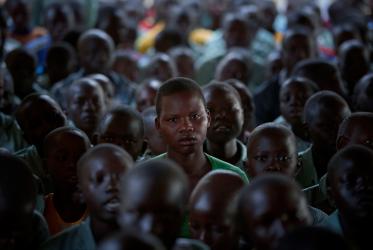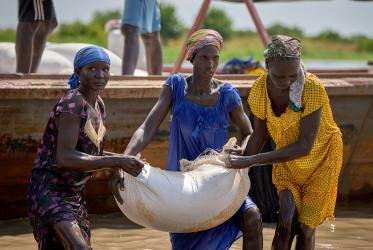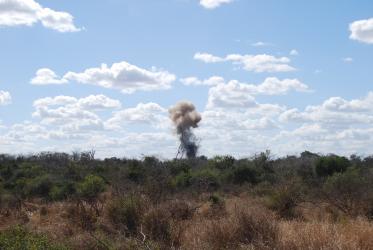Displaying 1 - 20 of 71
International Ecumenical Conference for Peace and Security in Cabo Delgado, Mozambique
29 October 2021
online
Calls grow globally for peace and accountability in South Sudan
24 September 2021
South Sudanese Churches shelter populations displaced by floods
23 September 2021
Churches offer some relief in Kenya’s drought disaster
16 September 2021

















